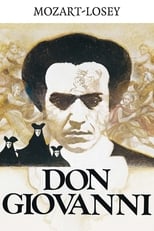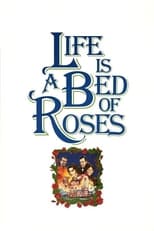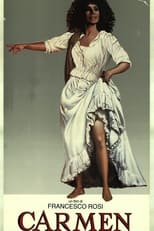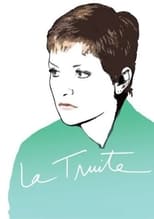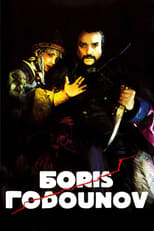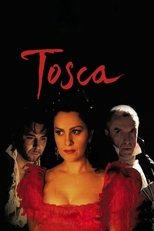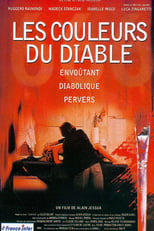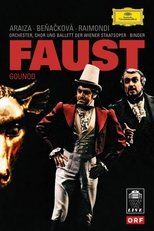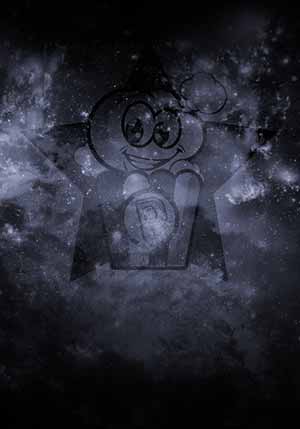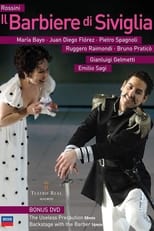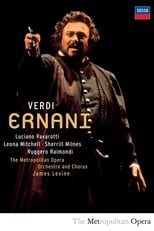Ruggero Raimondi
¿Quién es Ruggero Raimondi?
Ruggero Raimondi was born in Bologna, Italy, during World War II. His voice matured early into its adult timbre, and at the age of 15, he auditioned for conductor Francesco Molinari-Pradelli, who encouraged him to pursue an operatic career. He began vocal studies with Ettore Campogalliani, and was accepted at age 16 as a student at the Giuseppe Verdi Conservatory in Milan. He then continued his studies in Rome, under the guidance of Teresa Pediconi and Armando Piervenanzi.
After having won the National Competition for young opera singers in Spoleto, he made his debut in the same city in the role of Colline in La bohème in the Festival dei Due Mondi. Subsequently, an opportunity arose for him at the Teatro dell'Opera in Rome when he was called upon to substitute in the role of Procida in Giuseppe Verdi's I vespri siciliani, and he received enormous success from the public and the critics. The young singer was very shy and stiff at first, but his early directors helped him, and he was soon an accomplished opera actor.
Raimondi's career soon extended to the major opera houses in Italy, such as La Fenice in Venice, the Teatro Regio in Turin, Teatro Comunale in Florence and abroad, beginning with the Glyndebourne Festival (Don Giovanni in 1969). His La Scala debut was as Timur in Turandot in 1968, his Metropolitan Opera debut was as Silva in Ernani in 1970, and his Covent Garden debut was as Fiesco in Simon Boccanegra in 1972. In 1975, he made his Paris Opera debut as Procida, followed by the title role in Boris Godunov, and his Salzburg Festival debut in 1980 as the King in Aida. In 1986, he first directed a production of Don Giovanni, and decided to continue his career as a director as well.
Some of his most important roles have been King Philip in Verdi's Don Carlos; Fiesco; the title roles in Boris Godunov (including the Andrzej Żuławski film) and Attila; Silva; Escamillo in Bizet's Carmen (including the Francesco Rosi film, 1984, with Plácido Domingo and Julia Migenes); the title role in Don Giovanni (including the Joseph Losey film, 1979); Count Almaviva in The Marriage of Figaro; and Don Alfonso in Così fan tutte; the title role in Don Quichotte by Massenet; and Scarpia in a recording of Tosca later filmed live from Rome, with Plácido Domingo and Catherine Malfitano, conducted by Zubin Mehta. He also made the television film Six Characters in Search of a Singer.[citation needed] In 2008, Raimondi made his television debut in the mini-series Le Sanglot des anges on French TV, in which he played the role of an Italian opera singer. In July 2011 he played the role of Pagano in Verdi's I Lombardi alla prima crociata on the rooftop of Milan Cathedral. The concert was organized by the Veneranda Fabbrica del Duomo di Milano to celebrate the 150th anniversary of Italian unification.
Source: Article "Ruggero Raimondi" from Wikipedia in English, licensed under CC-BY-SA 3.0.
Trabajos destacados
Géneros más habituales en las películas de Ruggero Raimondi
Géneros más habituales en las series de Ruggero Raimondi
Compañeros de trabajo recientes de Ruggero Raimondi
Las imágenes y retratos de actores o actrices mostrados en este sitio web son obtenidos de la base de datos de The Movie Database (TMDB). En el caso de que alguna imagen o fotografía sea incorrecta, ofensiva o infrinja derechos de imagen, puede ser editada o eliminada de TMDB, lo que resultará en su eliminación correspondiente en este sitio. En última instancia, los usuarios también pueden utilizar el formulario de contacto ubicado al pie de la página para solicitar la corrección o eliminación de cualquier contenido.
The images and portraits of actors or actresses displayed on this website are sourced from The Movie Database (TMDB). In the event that any image or photograph is incorrect, offensive, or violates image rights, it can be edited or removed from TMDB, subsequently ceasing its display on this site. As a final recourse, users may also utilize the contact form located at the bottom of the page to request the correction or removal of any content.

